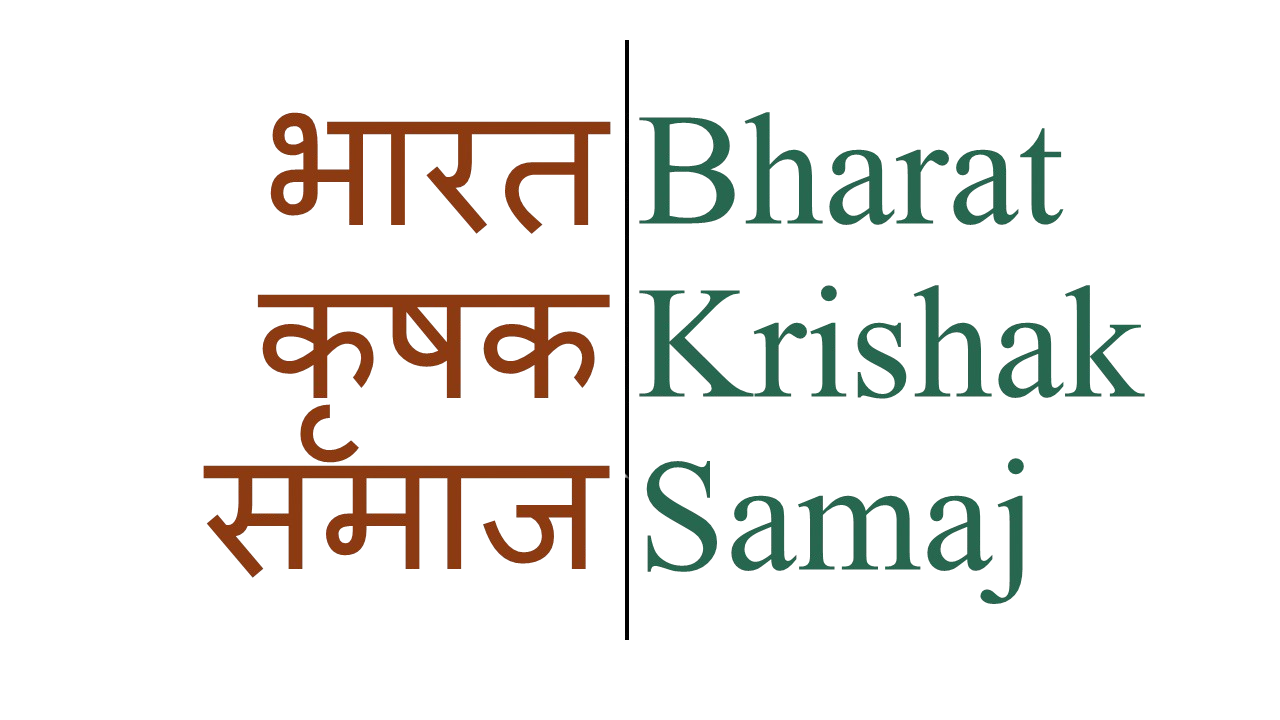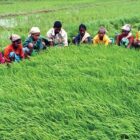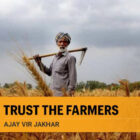Correct weather advisory, occasional consultations, professional soil testing and some understanding of issues from the farming perspective is all that the farmer wants.
The weather has lived up to its reputation of being unpredictable. Winters have extended much beyond the end of March. Maharashtra and much of India were at the receiving end of heavy rainfall, storms and unprecedented hailstorms in March. At the time of writing, in eastern India, West Bengal is in the throes of an agonising heat wave. Even though such uncertainty is a regular feature for the farmers, politicians and opinion makers have made little headway in terms of dealing with the problem of mitigating the impact of changing weather patterns. While one cannot change in the length of winter or stop the hailstorm, one can do much more to predict the weather correctly and make that information available to the farmers in advance. It would help farmers tremendously to be able to decide what to do or not to do; reduce losses and risks and increase prosperity and productivity.
The solutions can be simple and affordable. Three things are required for a correct weather advisory: data, processing, converting data into credible information and making that information available to individual farmers in time. Cell phone towers exist across the length and breadth of India and have instant connectivity. It has been suggested that small devices that record and collect weather parameters such as humidity, temperature, air pressure and wind direction amongst others be installed in cell phone towers, which would automatically gather and relay information in real time to a central processing nerve centre.
This nerve centre would receive information in real time from hundreds of thousands of locations evenly distributed across India that could be processed in conjunction with data from satellites in space and international collaborations. Location specific weather advisory and information could be automatically relayed to each farmer’s cell phone, depending on where they reside and the location of the particular cell phone tower that their cell phone connects to.
Something similar can be done for soil testing, such as using the ‘Soil Doc’ concept. This new soil testing kit designed at the University of Maryland and Columbia University enables researchers to assist farmers. It is being tested for commercial viability in Africa and the USA. It can be carried in a backpack from field to field and each farmer’s soil from his plot of land analysed individually on the site itself. India could collaborate, manufacture or buy such equipment. Availability is not an issue.
These two ideas do not require elaborate infrastructure or financing or systems to be created. That is where they score. Governments love to create elaborate systems that are difficult, costly to roll out and have a tendency to fail at delivering services. Technology helps resolve exactly that. It helps simplify and offers opportunities that can be harnessed for the greater good. What is needed is understanding, vision and a commitment. Prime Minister Dr Manmohan Singh has been at the receiving end of much criticism from the media and many academics. As a farmers’ organisation, the Bharat Krishak Samaj (BKS) has consistently highlighted the neglect of the farming community, not out of ill intent but simple indifference and faulty policies.
Why things have come to such a pass can be judged from the fact that in the 10 years of being India’s prime minister, Dr Singh has met numerous delegations representing various communities or interest groups. Has one ever wondered how many of them were farmers? Probably less than one per cent; even though 50 per cent of India is engaged in agriculture. Hopefully the next government will be different; not just in words but in action too.
To record just this apathy and the farmer’s perceptions, the BKS commissioned the Centre for the Study of Developing Societies to conduct a survey on the State of the Indian Farmers – 2014. One hopes that the findings will provide indicators for policy formulation and reduce suffering and unhappiness of the farmers by articulating the real issues. The BKS believes that the study is a legitimate tool to strengthen democracy by providing leaders with first hand feedback on what people actually feel and perceive. The BKS can make a difference but cannot do so alone. This is an invitation to join hands with the BKS; to be the “change” that everyone seeks.




